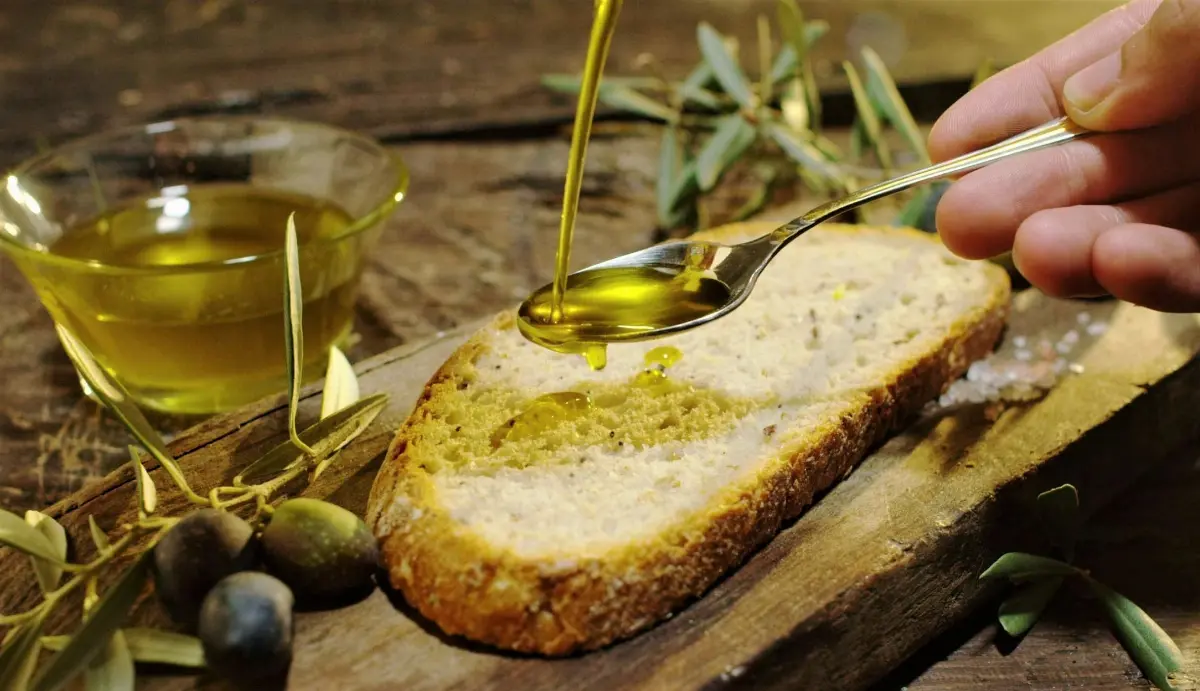
Do you want to access to this and other private contents?
Log in if you are a subscriber or click here to request service
Does olive oil make you live longer?
The position of the European Food Information Council

A series of recent articles reported a study that consuming more than half a tablespoon of olive oil per day would reduce the risk of cardiovascular disease and cancer. "Although olive oil is at the heart of the Mediterranean Diet, long recognized as a source of nutrients associated with good health, there are various aspects to consider when reading the headlines on the subject", explains Eufic (European...
hef - 23042
EFA News - European Food Agency
EFA News - European Food Agency